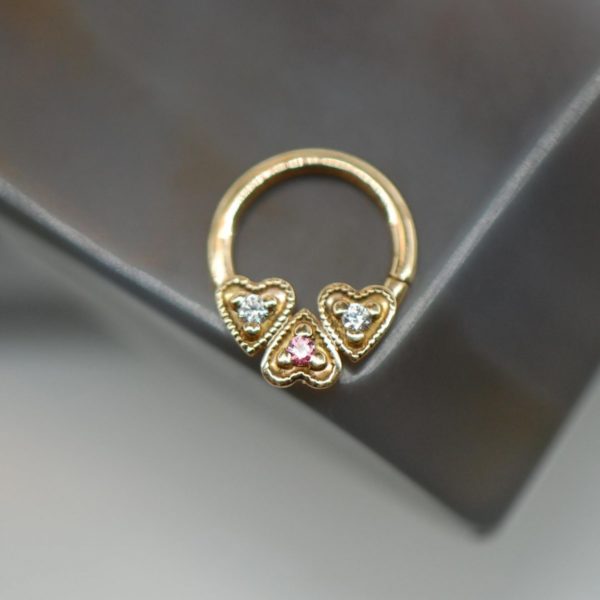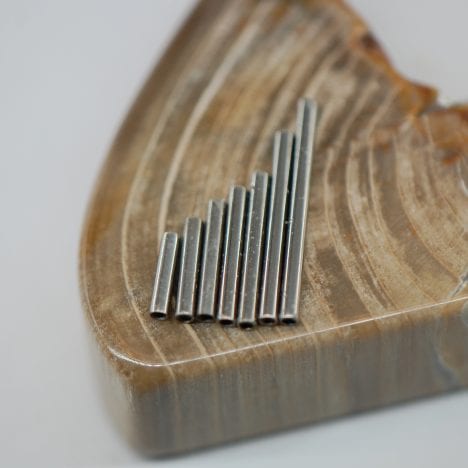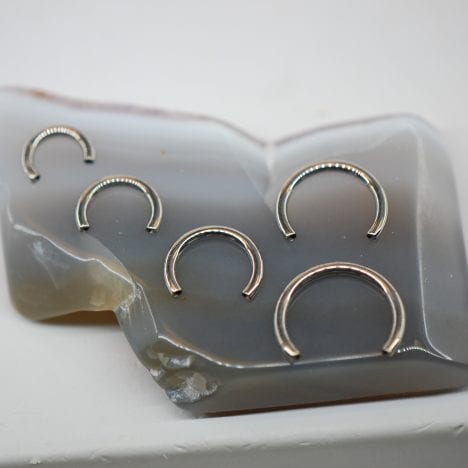If you’ve been following some of our articles then you may have already read our article about hydrogen peroxide and why it isn’t awesome for your piercings. Since writing that, we’ve gotten heaps of messages and emails about using alcohol for piercings and if its okay to do. Much like hydrogen peroxide, alcohol is something most of us are familiar with for old-school wound care. We’ve put it on every childhood scratch or scrape; it’s was a school nurses best friend. Some of our parents, and grandparents may even clean their jewelry in it. Like everything else though, its important to remember that things are ever evolving and as more research is done on those topics, we begin to learn why those previous uses of alcohol weren’t ideal. So, let’s get into why alcohol doesn’t belong in or on your piercings, and why you also don’t need it to clean your jewelry.
First and foremost: alcohol can damage the sensitive tissue of a healing wound. While it is true that it can stop germ activity in a wound, it can also irritate the skin when applied. The use of alcohol often induces/increases swelling and also tends to cause an intense burning sensation. Sometimes an irritation thats formed from using alcohol on a piercing gets mistaken as an irritation from a different source, which can make troubleshooting difficult. Beyond that, alcohol can cause severe dryness to the skin. An obvious clue that alcohol is being used on a piercing is typically the very dry, peeling and exfoliating skin on and around the area. We already know that many alcohols are bad even in our every day skin care products. It’s widely suggested to avoid them in your toners, moisturizers, and masks so why would we put it on our piercings? Its ideal to maintain a healthy balance of moisture in the skin to keep your piercing on a good path to healing.
To understand why not to use alcohol on a healing piercing, you must first understand where the suggestion to do so originated. Essentially, alcohol was used in wound care to clean a wound that had been introduced to heavy debris and/or harmful bacteria in excessive amounts. The alcohol would kill the excess bacteria and stop severe germ activity as well as help flush the wound of remaining debris. A properly performed body piercing, on the other hand, isn’t a dirty wound. It wasn’t made in an unclean environment like a skinned knee at the park or an animal bite. There weren’t any harmful bacteria introduced when the wound was made. Ideally, your piercer used all sterile implements and jewelry which makes a body piercing among the safest and cleanest wounds you’ve probably ever gotten. You don’t need to go wild with harsh products to keep it clean. Your body has an immune system that serves this exact purpose and works wonderfully. It’ll do it’s job defending and protecting you from anything that may get in/on the piercing as it’s healing. Dr Kazu Suzuki at Tower Wound Care Center in LA has some great things to say on both these products. “In the wound care world, we say, ‘Don’t put anything in your wound that you wouldn’t put in your eye,’” says Suzuki. “Peroxide bubbles up, and it may help dislodge the debris from the wound and dissolve some crusty blood, yet it is very harsh and irritating to an open wound. The same with alcohol. Yes, it will kill some bacteria, but it also kills and irritates healthy skin and the wound bed. I suggest you do not use alcohol, hydrogen peroxide or Betadine solution in the open wound.”
In regards to using alcohol to clean your jewelry, its just not necessary. If you are wearing high quality implant grade materials, a simple soap and water wash is all you need to keep your jewelry clean! If you find that a piece still isn’t as bright or beautiful as you want, we suggest trying a water-flosser! These little devices use pressurized water to clean your teeth, and are also awesome for cleaning your jewelry. Always be sure to use a lower setting on your jewelry and use clean, warm water. This will blast out any buildup of dead skin-cells, make up, etc and leave your jewelry like new! The Gemological Institue of America actually suggests waterpiks for jewelry care as well, and this method of cleaning is much safer on genuine gems then any harsh chemicals. Alcohol can damage some delicate genuine stones, or dry up on the wearables of other pieces and cause irritation once you reinsert them into your piercing. On organic materials like plugs and hangers it can be severely damaging!
Remember, your body is going to do most of the work healing a piercing! Trust your bodies immune system. If you have any questions about care or healing, before putting anything on your piercings or jewelry, ask your piercer if its safe! Call or message them and ensure you are making the right choice; they are there to help!
Cutaneous wound healing: recruiting developmental pathways for regeneration.Cell Mol Life Sci. 2013 Jun;70(12):2059-81. doi: 10.1007/s00018-012-1152-9. Epub 2012 Oct 4. GIA 2017 AJP Course Material Jewelry Essentials





